
Similar Posts
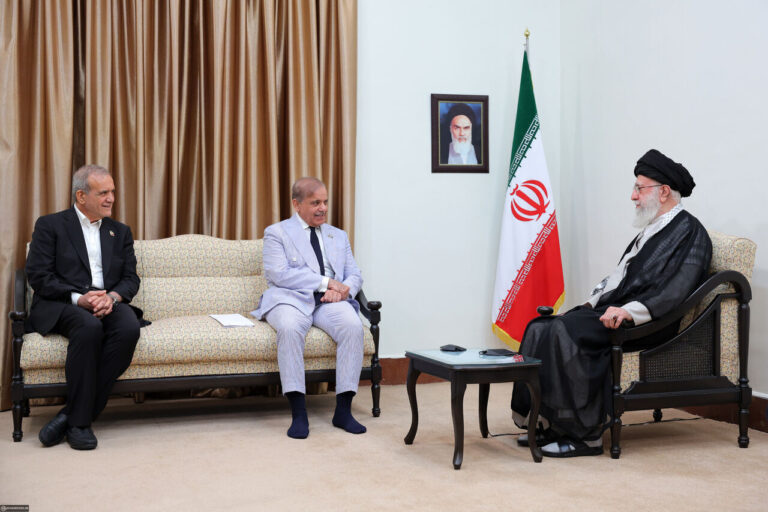
Urgent Call for Action: Leader Demands Strong Measures to Halt Israeli Violations in Gaza
In a crucial meeting in Tehran, Ayatollah Seyyed Ali Khamenei underscored the need for Iran and Pakistan to collaborate in addressing the humanitarian crisis in Gaza. He praised Pakistan’s steadfast stance on Palestine and emphasized unity among Muslim nations against injustices from the Israeli regime. Khamenei expressed hope for peace between Pakistan and India and highlighted the potential for both countries to lead efforts to resolve the Palestinian issue. He acknowledged the warm relations between Tehran and Islamabad and called for enhanced cooperation across various sectors. Prime Minister Shehbaz Sharif’s visit aimed to strengthen bilateral ties and address regional challenges.
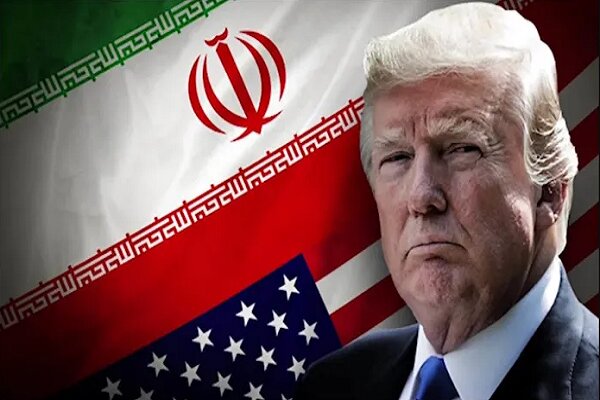
Trump Weighs Iran’s Proposal for Indirect Talks: A Game-Changer in Diplomatic Relations?
Former President Donald Trump has expressed a preference for a diplomatic deal with Iran while simultaneously threatening military action if negotiations fail. He has set a two-month deadline for Iran to negotiate, although the start date is unclear. Trump proposed direct nuclear talks, while Iran favors indirect discussions mediated by Oman. U.S. officials are exploring ways to build trust but face internal debates over negotiation formats. Iranian leaders insist on conditions free from threats for talks to proceed. As tensions rise, the international community is closely watching the evolving dynamics in U.S.-Iran relations, hoping for a peaceful resolution.
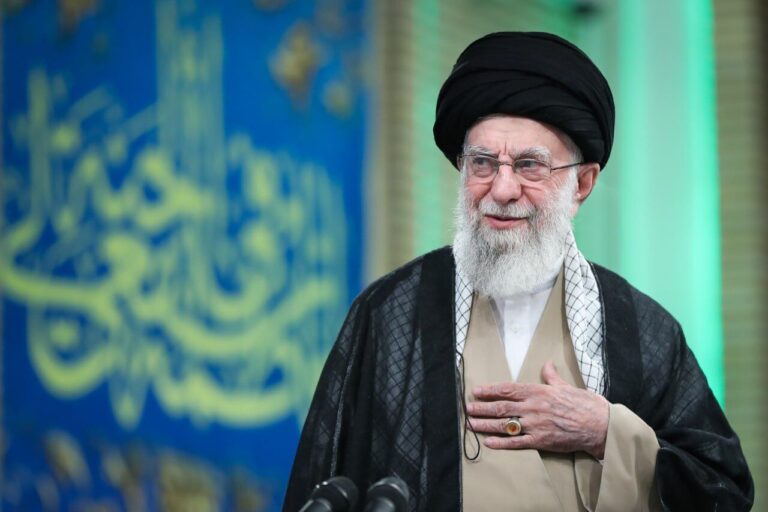
Muslim Leader Calls for Unity Against Israel and Its Supporters
Ayatollah Seyyed Ali Khamenei, the Leader of the Islamic Revolution, emphasized the need for unity among Islamic nations against the Israeli regime and its supporter, the United States, during a Tehran gathering. He highlighted the struggles of the Palestinian people, particularly in Gaza, and called for a collective global response to the injustices they face. Khamenei warned against distractions that could divert attention from the Palestinian issue and expressed hope that, with divine support, Palestine will ultimately prevail. He asserted that while evil may appear powerful, it is destined to vanish, encouraging solidarity among Muslim nations in pursuit of justice.
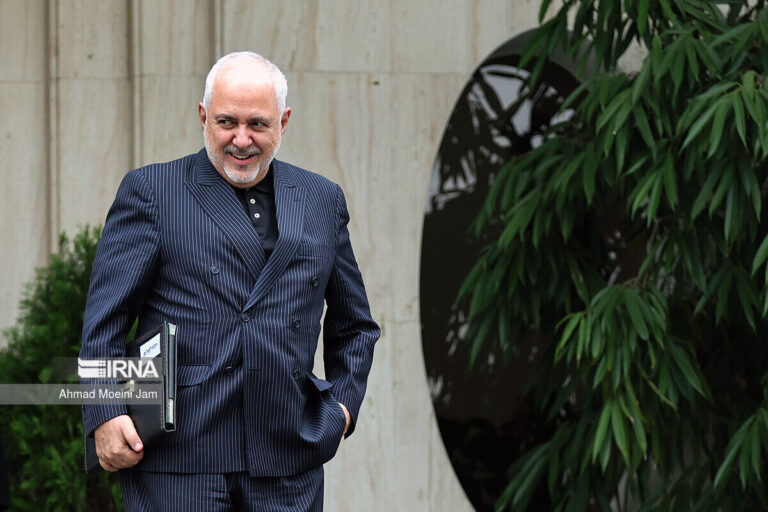
Iran’s Zarif: Lifting Sanctions, Not U.S. Negotiations, is Key to Solving Iran’s Challenges
Iranian Vice-President Mohammad Javad Zarif emphasized the Foreign Ministry’s efforts to strengthen ties with China, Africa, Russia, and neighboring nations, expressing skepticism towards the U.S. role in Iran’s foreign relations. He stated that the government aims to dismantle barriers to diplomatic engagement, reaffirming Iran’s commitment to avoiding nuclear weapons in light of a religious decree from Ayatollah Khamenei. Zarif criticized the impact of FATF regulations on international exchanges and mentioned ongoing discussions related to the Palermo Convention and terrorism. He also announced an upcoming visit to Iraq for a seminar, highlighting Iran’s focus on international collaboration amidst sanctions and regulatory challenges.
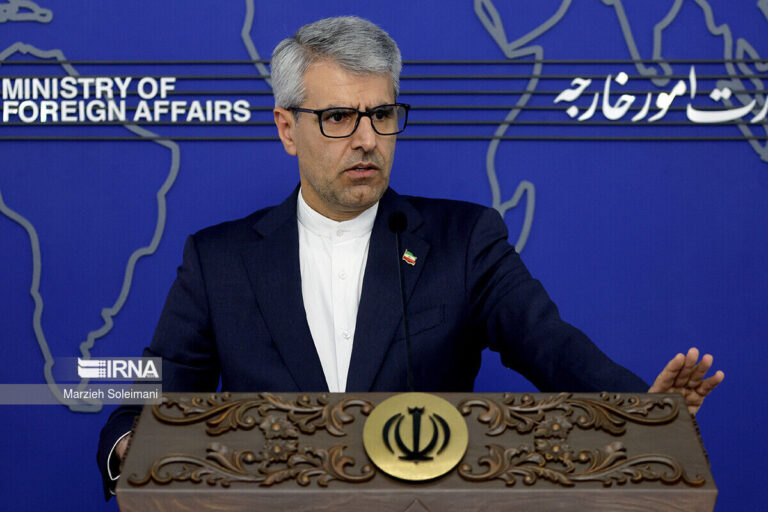
Iran Slams Israel for Breaching Lebanon Ceasefire Agreement
Iran has condemned Israeli attacks on displaced Lebanese individuals attempting to return home, asserting violations of a ceasefire agreement. Foreign Ministry spokesperson Esmaeil Baghaei expressed concerns over these breaches, labeling them as violations of humanitarian law and potential war crimes. The attacks occurred as Israeli forces opened fire on returnees, following their failure to withdraw from southern Lebanon as mandated. Baghaei held the U.S. and France accountable as guarantors of the ceasefire and called for UN action against Israel. Iran pledged support for the Lebanese government and resistance groups amid ongoing regional tensions, emphasizing the need for international intervention.
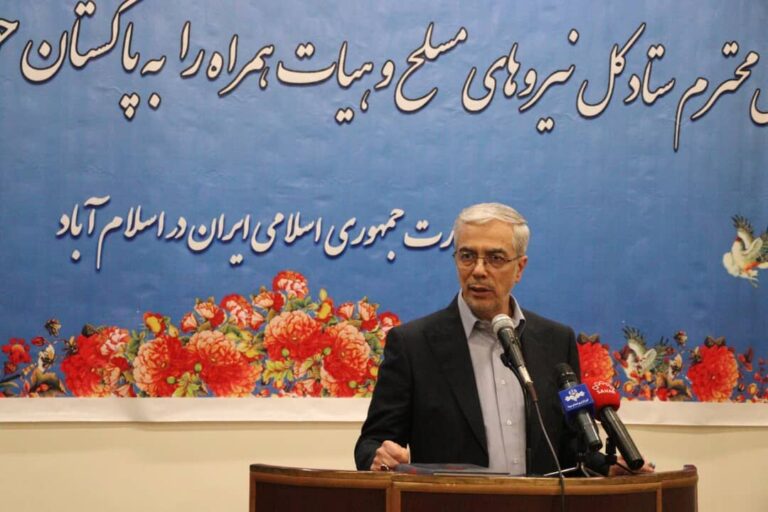
Iranian Commander Claims Gaza War Signals Start of Zionist Crisis
In a notable statement regarding the Gaza conflict, Iranian Armed Forces Chief of Staff Major General Mohammad Bagheri claimed that the 15-month war has marked a new era for the Israeli regime while bolstering the Islamic position and the Axis of Resistance. Speaking in Islamabad, Bagheri noted that the recent ceasefire, initiated after ongoing Israeli assaults, reflects a decline in Israeli power despite foreign support. He argued that the ceasefire was imposed on Israel, indicating a significant shift in regional dynamics. Bagheri is in Islamabad for discussions with Pakistani officials about these developments.